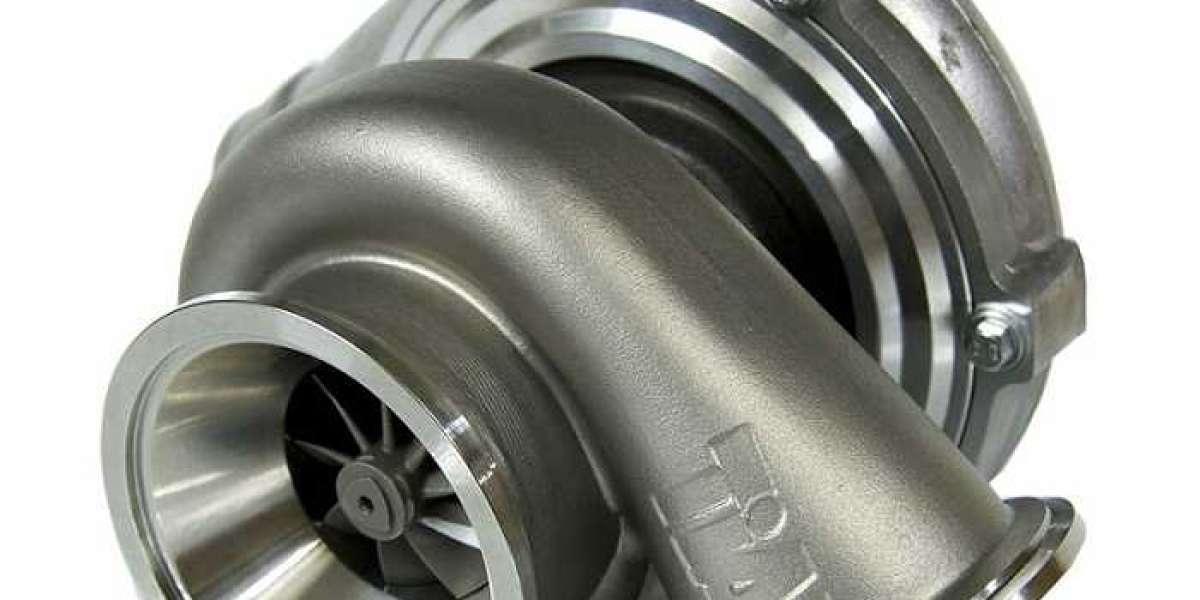Fuel cells are a revolutionary technology that is transforming the way we think about energy production. From powering vehicles to providing electricity for homes and businesses, fuel cells offer an efficient and clean alternative to traditional fossil fuels. But what exactly are fuel cells, and how do they work? In this blog post, we will dive into the basics of fuel cells, exploring their different types, advantages, applications, and more. So let's dive in and discover the world of fuel cells!
How Fuel Cells Work
Fuel cells are fascinating devices that convert chemical energy into electrical energy through a process called electrochemical reaction. Unlike traditional combustion engines, fuel cells generate electricity without burning fuel, producing fewer emissions and minimizing environmental impact.
At the heart of a fuel cell is an electrolyte membrane that separates two electrodes: the anode and cathode. The most common type of fuel cell is the proton exchange membrane (PEM) fuel cell, which uses hydrogen as its primary source of fuel. When hydrogen gas flows over the anode, it splits into protons and electrons.
The protons travel through the porous electrolyte membrane to reach the cathode while electrons take an external path creating electric current. This flow of protons generates electricity, which can be harnessed to power various applications from small electronic devices to large-scale industrial systems.
One key advantage of fuel cells is their high efficiency in converting chemical energy into electricity compared to other conventional power sources. Fuel cells also have a longer lifespan since they have no moving parts that can wear out or break down over time.
Moreover, unlike batteries that require recharging once depleted, a fuel cell will continue operating as long as there is enough supply of reactants such as hydrogen and oxygen or air.
Fuel cells offer versatility in terms of fuels they can utilize beyond just pure hydrogen. They can also run on natural gas, methanol, ethanol, propane, and even biogas produced from organic waste – providing flexibility for different applications based on available resources or specific requirements.
Whether used for powering vehicles or providing backup power for buildings during emergencies - like hospitals or data centers - fuel cells have found numerous applications across various industries due to their reliability and clean operation.
Understanding how fuel cells work opens up exciting possibilities for sustainable energy solutions with reduced environmental impact. By harnessing electrochemical reactions instead of relying solely on fossil fuels' finite resources, we pave the way towards a greener and more sustainable future.
Types of Fuel Cells
There are several types of fuel cells, each with its own unique characteristics and applications. Let's take a closer look at some of the most common types:
1. Proton Exchange Membrane (PEM) Fuel Cells: These fuel cells use a solid polymer membrane as an electrolyte. They operate at relatively low temperatures, making them suitable for portable and transportation applications.
2. Solid Oxide Fuel Cells (SOFC): SOFCs operate at high temperatures and can convert a variety of fuels to electricity efficiently. They are commonly used in stationary power generation systems.
3. Molten Carbonate Fuel Cells (MCFC): MCFCs use molten carbonate salts as an electrolyte, allowing for the use of non-precious metal catalysts and various fuels. They are often utilized in large-scale power plants.
4. Phosphoric Acid Fuel Cells (PAFC): PAFCs use phosphoric acid as an electrolyte and have been widely adopted for stationary power generation due to their high efficiency.
5. Alkaline Fuel Cells (AFC): AFCs were one of the first types developed and are known for their high efficiency in converting hydrogen into electricity. However, they require pure hydrogen gas, limiting their practicality.

Advantages of Using Fuel Cells
Fuel cells offer several advantages over traditional energy sources, making them an attractive option for various applications. One major advantage is their high efficiency. Unlike combustion engines that waste a significant amount of energy as heat, fuel cells convert chemical energy directly into electricity with minimal loss.
Another advantage is the environmental friendliness of fuel cells. They produce zero or low emissions depending on the type of fuel used. Hydrogen-powered fuel cells, for example, only emit water vapor as a byproduct, reducing greenhouse gas emissions and air pollution.
Fuel cells also provide reliable power and can operate continuously as long as there is a constant supply of fuel. This makes them suitable for remote locations or areas with unreliable grid connections. Additionally, they have fewer moving parts compared to traditional generators, resulting in reduced maintenance costs and increased durability.
Furthermore, fuel cells are versatile and can be used in various industries such as transportation, residential buildings, telecommunications, and even space exploration. Their compact size allows for easy integration into different systems without occupying much space.
The advantages offered by fuel cells make them an appealing alternative to conventional power sources due to their efficiency,environmental benefits,reliability,and versatility.
With ongoing advancements in technology and growing interest in renewable energy solutions,fuel cells have the potential to play a vital role in our transition towards a more sustainable future.
Applications of Fuel Cells
Fuel cells have a wide range of applications across various industries, making them an increasingly popular and versatile energy solution. One of the most notable applications is in transportation, where fuel cells are used to power electric vehicles (EVs) and provide a clean and efficient alternative to traditional internal combustion engines.
In the automotive sector, fuel cell-powered EVs offer several advantages over battery-powered EVs. Fuel cells can be rapidly refueled with hydrogen gas, providing a similar experience to filling up at a gasoline station and eliminating the need for long charging times. Additionally, fuel cell vehicles have longer driving ranges compared to battery-powered EVs, making them more suitable for long-distance travel.
Another important application of fuel cells is in stationary power generation. Fuel cell systems can be deployed as backup power sources or integrated into microgrids for reliable electricity supply during outages or in remote areas where grid access may be limited. These systems are highly efficient and produce low emissions, offering sustainable alternatives to conventional diesel generators.
Fuel cells also find use in portable electronic devices such as laptops and smartphones. By utilizing hydrogen-based fuels like methanol or formic acid instead of lithium-ion batteries, these devices can operate for much longer durations without requiring frequent recharging.
Furthermore, fuel cells play a significant role in industrial settings by providing on-site power generation for manufacturing facilities or serving as primary power sources for off-grid operations like telecommunications towers or remote sensing equipment.
ersatility of fuel cell technology extends beyond these examples, with ongoing research exploring potential applications in space exploration, marine vessels propulsion systems, residential heating solutions, and more. As advancements continue to improve efficiency and reduce costs associated with fuel cell production and infrastructure development, their adoption is expected to increase further across multiple sectors.
The numerous applications of fuel cells demonstrate their immense potential as clean energy solutions that can drive sustainability efforts while meeting diverse energy needs across industries. Whether it's powering cars on the road or providing reliable electricity in remote areas, fuel cells offer a promising path towards a gre.

Conclusion
Fuel cells are a promising technology that offers numerous advantages in terms of efficiency, sustainability, and versatility. As we have learned in this article, fuel cells work by converting chemical energy into electrical energy through an electrochemical process. There are several types of fuel cells available, each with its own unique features and applications.
Additionally, fuel cells produce zero or low emissions depending on the type of fuel used, contributing to cleaner air and reduced greenhouse gas emissions.
Fuel cells also offer great flexibility in terms of the fuels they can use. From hydrogen to natural gas, methanol to even wastewater biogas, there are a wide variety of options available for powering these devices. This makes them suitable for various applications ranging from transportation vehicles to residential power generation and backup systems.
In recent years, significant advancements have been made in the development and commercialization of fuel cell technology. The automotive industry has shown particular interest in utilizing fuel cell-powered electric vehicles (FCEVs) as a clean alternative to conventional gasoline-powered cars. Moreover, industries such as aerospace and telecommunications have adopted fuel cell systems for their reliability and ability to provide continuous power supply.
As we continue our efforts towards achieving sustainable energy solutions, it is evident that fuel cells will play a crucial role in shaping our future. Their ability to efficiently convert different fuels into electricity without harmful emissions makes them not only environmentally friendly but also economically viable alternatives.
So whether you're interested in reducing your carbon footprint or exploring new avenues for energy generation and storage, understanding the basics of fuel cells is essential.










